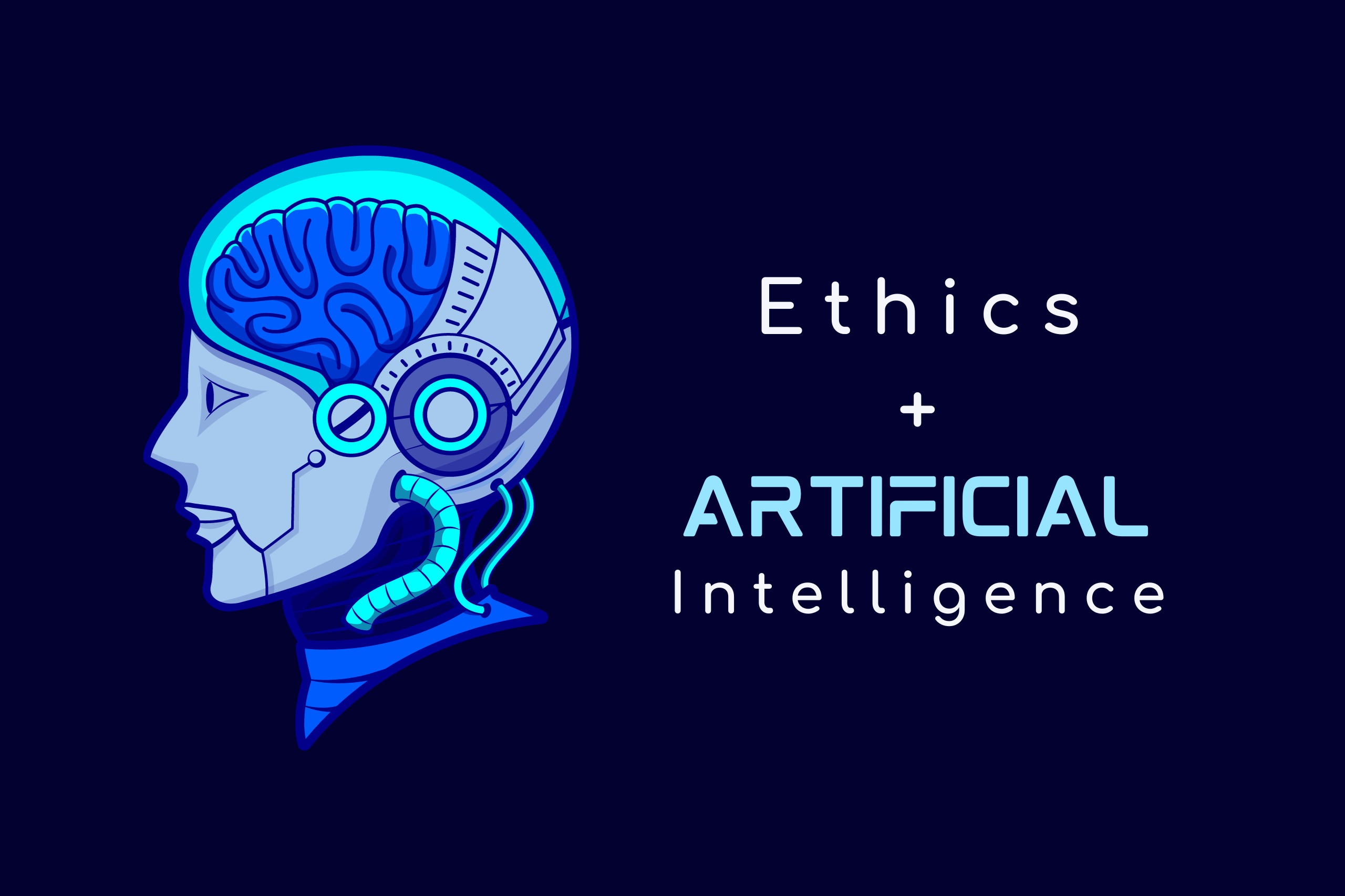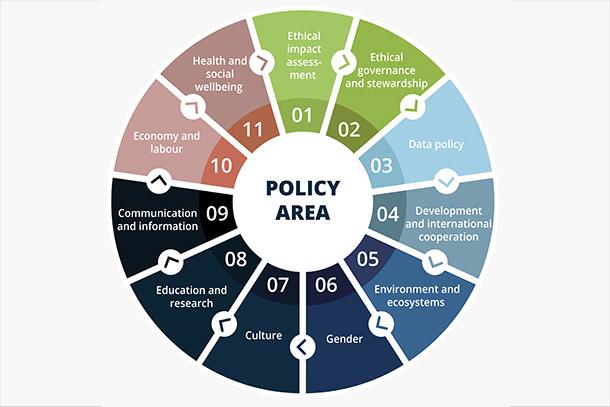The ethics of artificial intelligence involve ensuring AI systems act responsibly and align with human values. Key concerns include bias, privacy, and accountability.
Artificial intelligence (AI) has rapidly transformed various sectors, offering unprecedented benefits and efficiencies. Yet, with these advancements come significant ethical dilemmas that society must address. AI systems can perpetuate biases, invade privacy, and make decisions without clear accountability. Ensuring AI aligns with human values and ethics is crucial for its responsible development.
Policymakers, developers, and users must collaborate to create transparent and fair AI systems. Balancing innovation with ethical considerations will pave the way for a future where AI enhances human well-being without compromising fundamental rights. Addressing these issues is essential for building trust in AI technologies.
Introduction To Ai Ethics
Artificial Intelligence (AI) is changing our world. With great power comes great responsibility. Understanding AI ethics is crucial for a better future.
What Is Ai?
AI stands for Artificial Intelligence. It is the simulation of human intelligence in machines. AI can learn, reason, and make decisions.
There are two main types of AI:
- Narrow AI: Designed for specific tasks. Examples include voice assistants and recommendation systems.
- General AI: Has human-like cognitive abilities. This type of AI can perform any intellectual task.
Why Ethics Matter
Ethics guide how we use AI. Ethical AI ensures fairness, transparency, and accountability. Without ethics, AI can cause harm.
Here are some key reasons why ethics matter in AI:
- Fairness: AI should treat everyone equally.
- Transparency: AI decisions should be understandable.
- Accountability: Humans must take responsibility for AI actions.
| Aspect | Description |
|---|---|
| Fairness | Ensuring unbiased and just treatment in AI outcomes. |
| Transparency | Making AI processes and decisions clear and understandable. |
| Accountability | Holding creators and users responsible for AI behavior. |
Historical Background
The ethics of artificial intelligence has evolved over decades. Understanding its roots helps us navigate today’s challenges. This section delves into the historical background of AI ethics.
Early Ai Development
Artificial intelligence began as a concept in the early 20th century. Pioneers like Alan Turing proposed machines could simulate human intelligence. In the 1950s, the first AI programs were created. They solved simple problems and played games. Early AI lacked real-world application, but it sparked ethical questions.
By the 1960s, AI research expanded. Scientists built systems that learned from data. These advancements raised ethical concerns. Could machines make decisions for humans? Would AI replace human jobs? These questions marked the beginning of ethical debates in AI.
Ethical Debates Over Time
The 1970s and 1980s saw AI evolve further. More advanced systems emerged, and ethical debates intensified. Scholars discussed AI’s role in society. Could AI be biased? Should AI have human-like rights? These discussions laid the groundwork for modern AI ethics.
In the 1990s, AI’s impact grew. The internet connected people and machines globally. Ethical concerns shifted to privacy and security. How should AI handle personal data? What safeguards are needed to protect users? These questions became central to AI ethics.
By the early 2000s, AI was everywhere. From smartphones to smart homes, AI influenced daily life. Ethical debates now focused on AI’s autonomy. Could AI make moral decisions? Should AI be held accountable for its actions? These questions continue to shape AI ethics today.
Core Ethical Principles
Artificial Intelligence (AI) is transforming our world. It raises important ethical questions. Understanding the core ethical principles is vital. These principles guide the development and use of AI. Let’s explore these principles in detail.
Fairness And Equality
AI systems should be fair. They must treat everyone equally. AI should not favor any group. This includes race, gender, or age. Ensuring fairness prevents bias. Bias can harm individuals. It can also damage trust in AI.
- AI must be unbiased.
- Everyone should benefit equally from AI.
- AI should not discriminate.
Transparency
Transparency in AI means clarity. People should know how AI works. This includes understanding decisions made by AI. Transparency builds trust. It allows for accountability. Users should know what data AI uses. They should also know how AI processes this data.
| Aspect | Importance |
|---|---|
| Decision-Making | Users need to understand AI decisions. |
| Data Usage | Users should know what data is used. |
| Accountability | Transparency ensures AI accountability. |
- Explain AI decisions clearly.
- Disclose data sources.
- Ensure AI accountability.
These core ethical principles are crucial. They ensure AI benefits everyone. They also foster trust and fairness.
Ai In Decision-making
Artificial Intelligence (AI) is changing how decisions are made. It helps in healthcare, finance, and many other fields. But, there are ethical concerns to consider. This section will explore these concerns, focusing on Algorithmic Bias and Human Oversight.
Algorithmic Bias
Algorithms can learn from data to make decisions. But, they can also learn biases. This happens when the data used is biased. For example, if a hiring algorithm is trained on data where men are preferred for tech jobs, it will also prefer men. This can lead to unfair outcomes.
Here are some common sources of algorithmic bias:
- Biased Data: Historical data reflecting societal biases.
- Incomplete Data: Missing information about certain groups.
- Model Bias: Algorithms that reinforce existing inequalities.
To reduce bias, it is important to check the data and the algorithms regularly. This helps to ensure fair and just decisions.
Human Oversight
Human oversight is crucial in AI decision-making. Even the best algorithms can make mistakes. Humans need to monitor AI systems to catch these errors.
Here are some ways human oversight can help:
- Regular Audits: Checking the AI systems for errors and biases.
- Transparent Processes: Making AI decision processes clear and understandable.
- Feedback Loops: Allowing users to report problems and improve the system.
Combining human oversight with AI can lead to better, fairer decisions. This ensures that AI benefits everyone equally.
Privacy Concerns
Artificial Intelligence (AI) offers many benefits but also raises privacy concerns. Understanding how AI handles personal data is crucial. This section explores the ethical challenges related to privacy.
Data Collection
AI systems often rely on large amounts of data. This data includes personal and sensitive information. Companies collect data from various sources like social media, online purchases, and mobile apps.
Below is a table showing common data sources and the type of data collected:
| Data Source | Type of Data Collected |
|---|---|
| Social Media | User posts, likes, and shares |
| Online Purchases | Purchase history, payment details |
| Mobile Apps | Location data, app usage |
Collecting such data can improve AI performance. But it also poses risks if mishandled.
User Consent
Gaining user consent is a key part of ethical AI. Users should know what data is collected and how it will be used.
Here are steps for ensuring proper user consent:
- Provide clear and simple privacy policies.
- Ask for explicit consent before data collection.
- Allow users to opt out easily.
By following these steps, companies can respect user privacy. This builds trust and ensures ethical AI practices.

Credit: wajdialjedaani.com
Ai In The Workforce
Artificial Intelligence (AI) is transforming our work environment. It brings both opportunities and challenges. Understanding its impact on jobs and skills is crucial.
Job Displacement
AI can automate many tasks. This leads to job displacement. Workers in repetitive jobs may lose their positions. Machines can perform tasks faster and without errors. This change creates a need for workers to adapt.
- Factory jobs
- Data entry roles
- Customer service positions
These are just some examples of jobs that AI might replace. Workers must seek new roles or learn new skills.
Skill Evolution
The rise of AI also brings new opportunities. Workers can evolve their skills to stay relevant. Learning how to work with AI is essential. New skills in AI can lead to better job prospects.
Important skills to learn:
- Programming and coding
- Data analysis
- AI system management
Educational programs and training can help. Workers should focus on continuous learning. This will ensure they remain valuable in the AI-driven workforce.
| Old Skill | New Skill |
|---|---|
| Manual data entry | Data analysis |
| Basic customer service | AI system management |
| Factory assembly | Robotics operation |
Adapting to these changes is key. Embracing new skills will ensure success in the AI-driven world.
Legal And Regulatory Issues
The ethics of artificial intelligence (AI) present many legal and regulatory challenges. As AI technology grows, laws must evolve to keep pace. This section explores the current laws and future challenges in AI regulation.
Current Laws
Current laws on AI vary widely across countries. The European Union has strict regulations with its General Data Protection Regulation (GDPR). These laws ensure data privacy and protection. In the United States, AI laws are more fragmented. States like California have their own rules on data privacy. But, there is no federal law yet.
Some countries have specific AI guidelines. For instance, China’s regulations focus on national security. They also stress the ethical use of AI in society. Each country’s laws reflect its unique priorities and concerns.
| Country | Main Regulation | Focus |
|---|---|---|
| European Union | GDPR | Data Privacy |
| United States | State Laws | Varied |
| China | National AI Guidelines | National Security |
Future Challenges
Future challenges in AI regulation are significant. One major issue is the lack of international standards. Different countries have different rules. This creates confusion and legal complexities.
Another challenge is ensuring AI systems are transparent. People should understand how AI makes decisions. This is crucial for trust and accountability. There is also the problem of bias in AI algorithms. Biased AI can lead to unfair treatment of certain groups.
Lastly, there is the question of liability. Who is responsible if an AI system causes harm? This is a complex issue needing clear laws and guidelines.
- International Standards
- Transparency
- Bias in Algorithms
- Liability
Addressing these challenges will require collaboration between governments, companies, and researchers. Only then can we ensure AI benefits society as a whole.
Global Perspectives
The ethics of artificial intelligence (AI) vary worldwide. Different cultures and countries have unique views on AI’s moral aspects. Understanding these perspectives helps us create fair AI systems.
Cultural Differences
Cultural differences play a big role in shaping AI ethics. In some countries, AI is seen as a tool for progress. Other regions worry about its impact on jobs and privacy.
For example, in Japan, robots and AI are often viewed positively. People see them as helpful companions. In contrast, many Western countries have concerns about AI taking over jobs. They also worry about data privacy and security.
Such diverse views influence how AI policies are created. It is important to respect and understand these cultural differences to build ethical AI systems.
International Cooperation
Global cooperation is essential for developing ethical AI. Countries need to work together to set standards and guidelines.
Here are some ways international cooperation can help:
- Creating universal AI ethics guidelines.
- Sharing research and technology.
- Promoting AI education worldwide.
By working together, countries can ensure AI benefits everyone. They can also address potential risks and ethical dilemmas effectively.
International organizations like the United Nations and the European Union play key roles. They help countries collaborate and share best practices. This global effort ensures AI development remains fair and ethical.
Future Of Ai Ethics
The future of AI ethics is crucial. AI is becoming more powerful daily. With great power comes great responsibility. Understanding AI ethics helps us use it wisely. This section explores emerging technologies and proactive approaches.
Emerging Technologies
New technologies are reshaping AI. They promise new opportunities and challenges.
- Machine Learning: Machine learning helps AI learn and improve over time.
- Natural Language Processing (NLP): NLP allows AI to understand human language better.
- Autonomous Systems: These systems can make decisions without human help.
Each of these technologies brings ethical questions. Machine learning can lead to biased decisions. NLP can misunderstand or misinterpret human speech. Autonomous systems may make harmful choices.
Proactive Approaches
Being proactive is key to AI ethics. We must anticipate problems before they happen.
- Ethical Guidelines: Create clear rules for AI use.
- Transparency: Make AI decisions understandable to everyone.
- Regular Audits: Check AI systems regularly for ethical issues.
Ethical guidelines help us use AI responsibly. Transparency makes AI decisions clear. Regular audits find and fix ethical problems early. These steps ensure AI benefits everyone.

Credit: www.choice360.org

Credit: www.linkedin.com
Conclusion
Balancing AI innovation with ethical considerations is crucial. Addressing issues like bias and privacy ensures responsible AI use. Stakeholders must collaborate to create transparent guidelines. Ethical AI can foster trust and drive positive societal impact. Embracing these principles will shape a future where technology benefits all.

